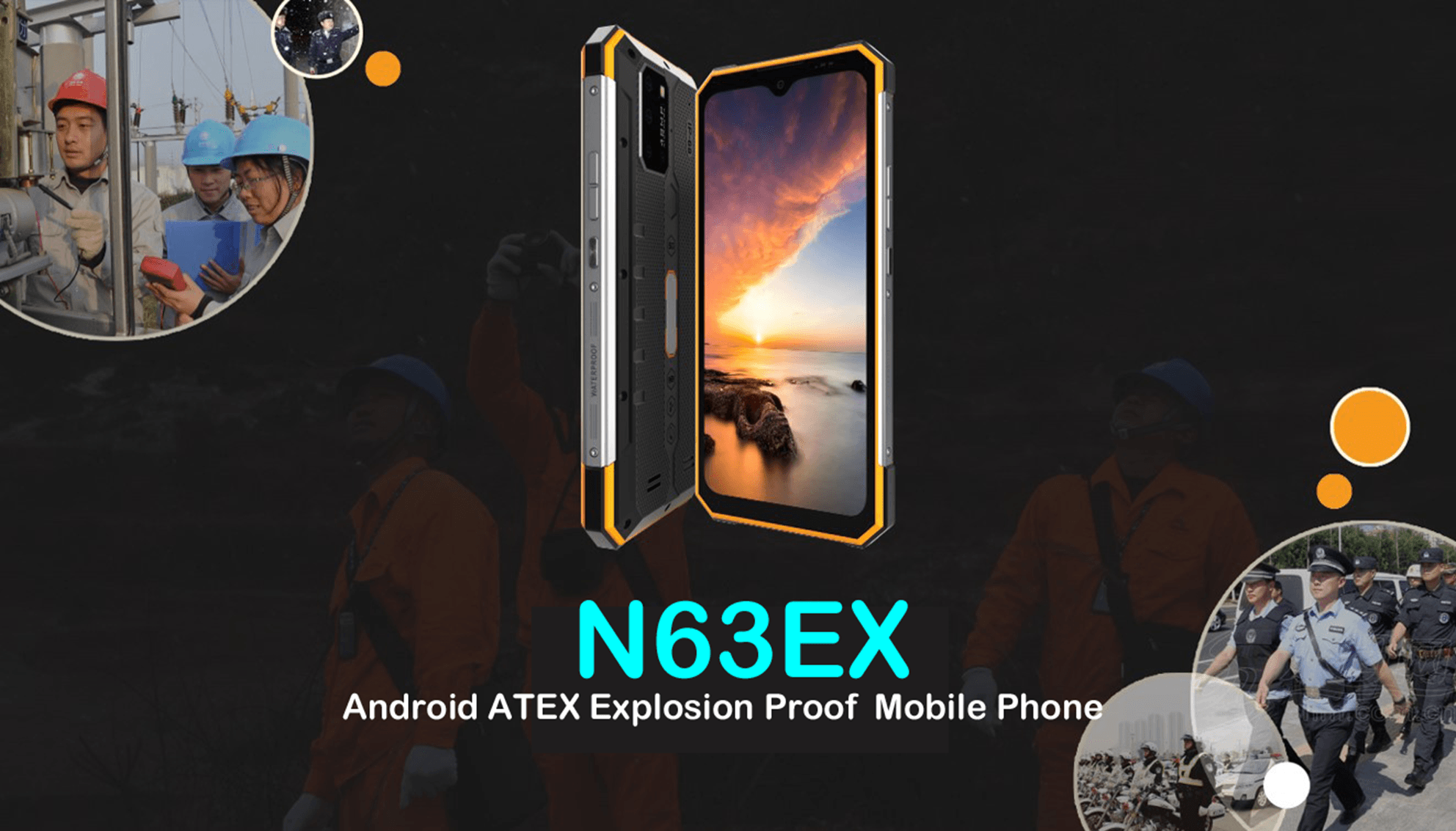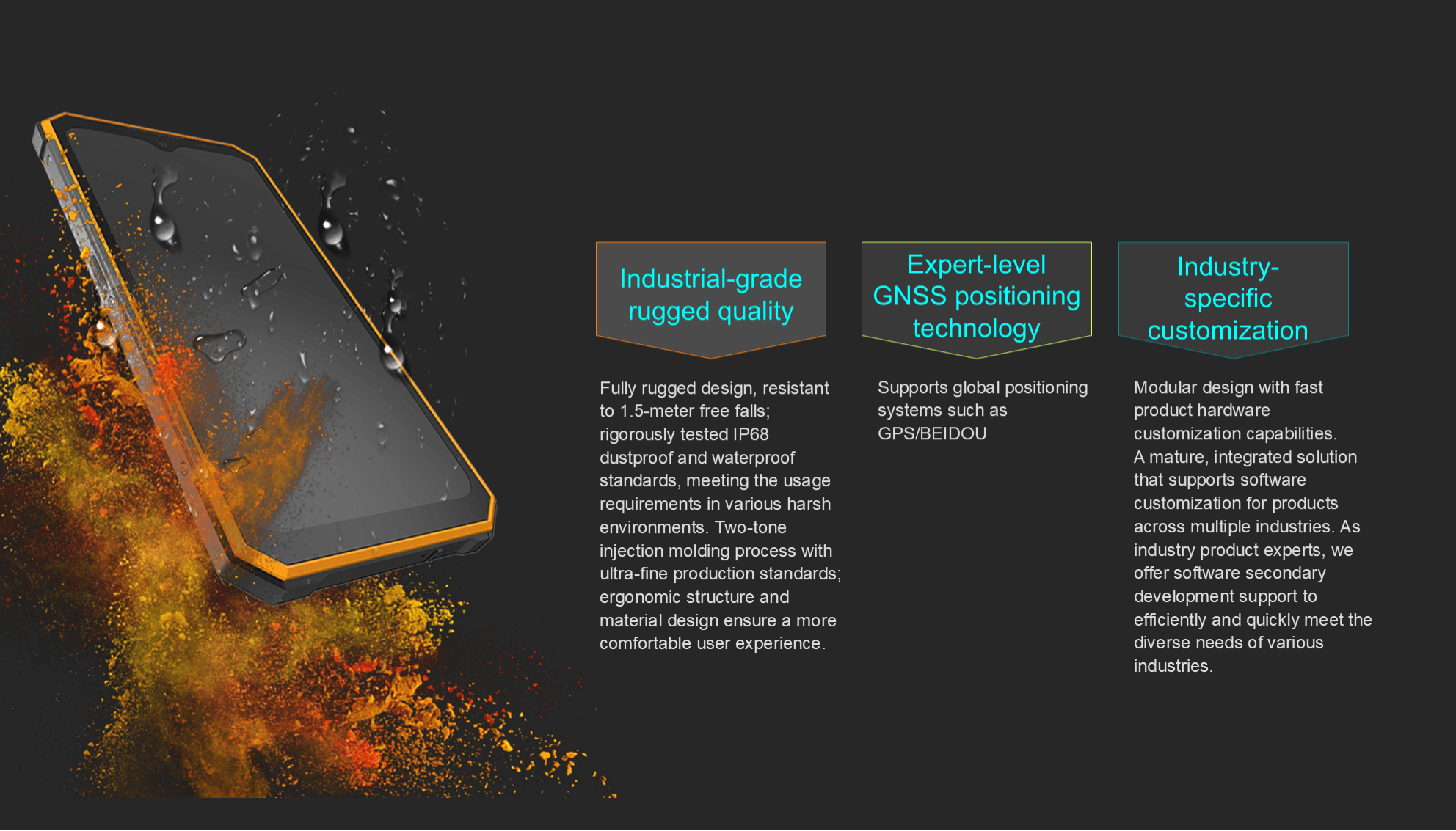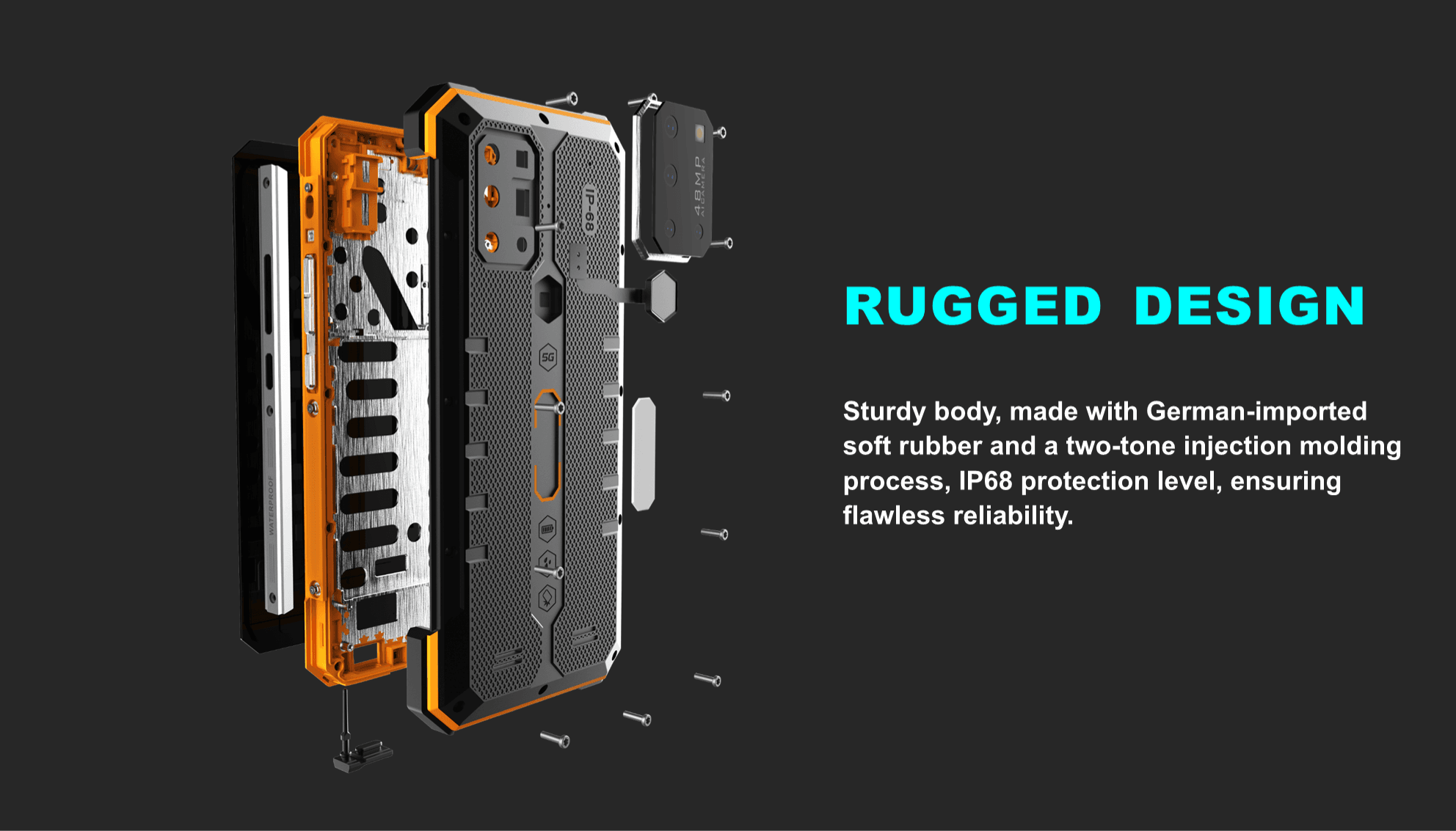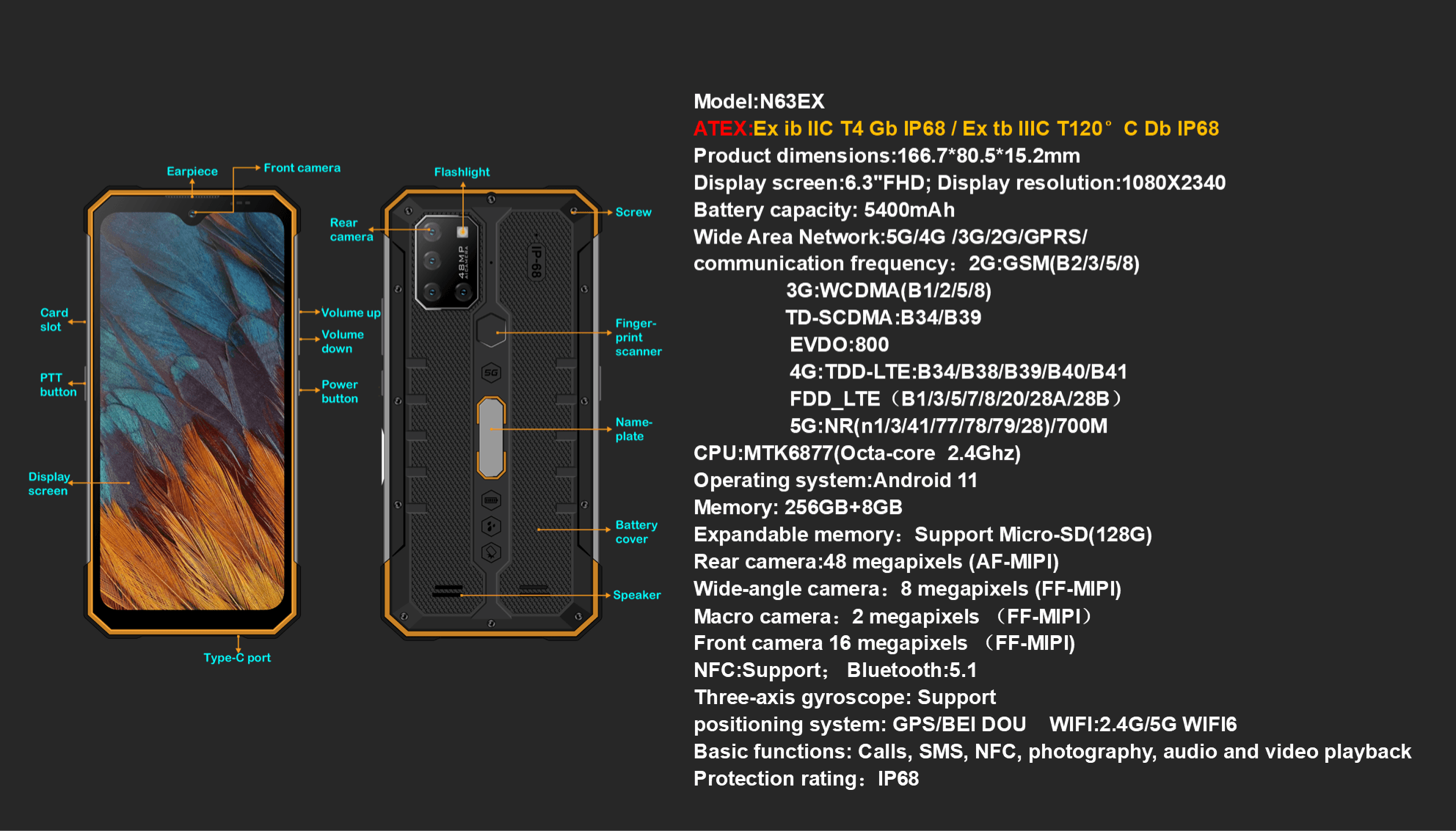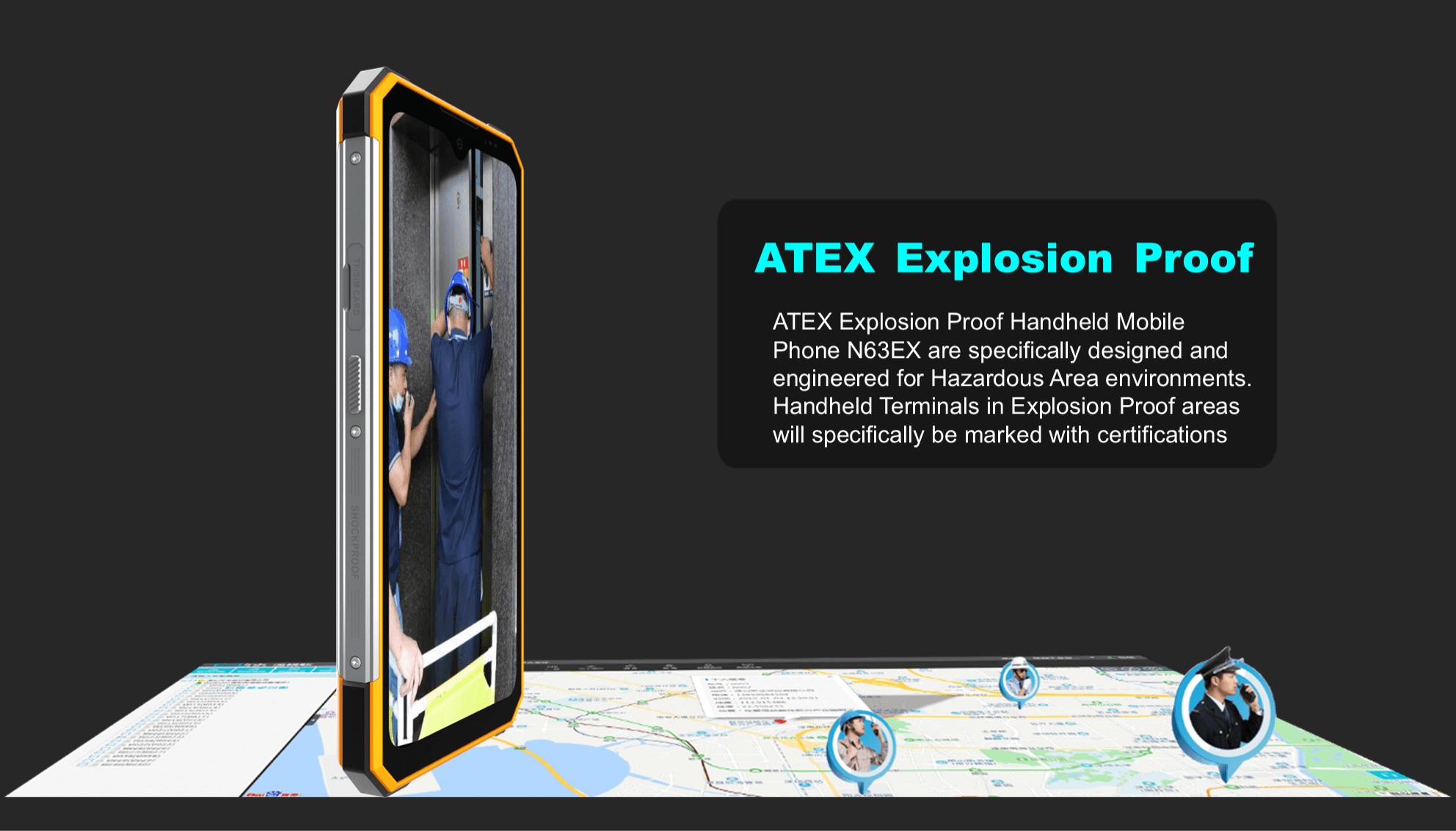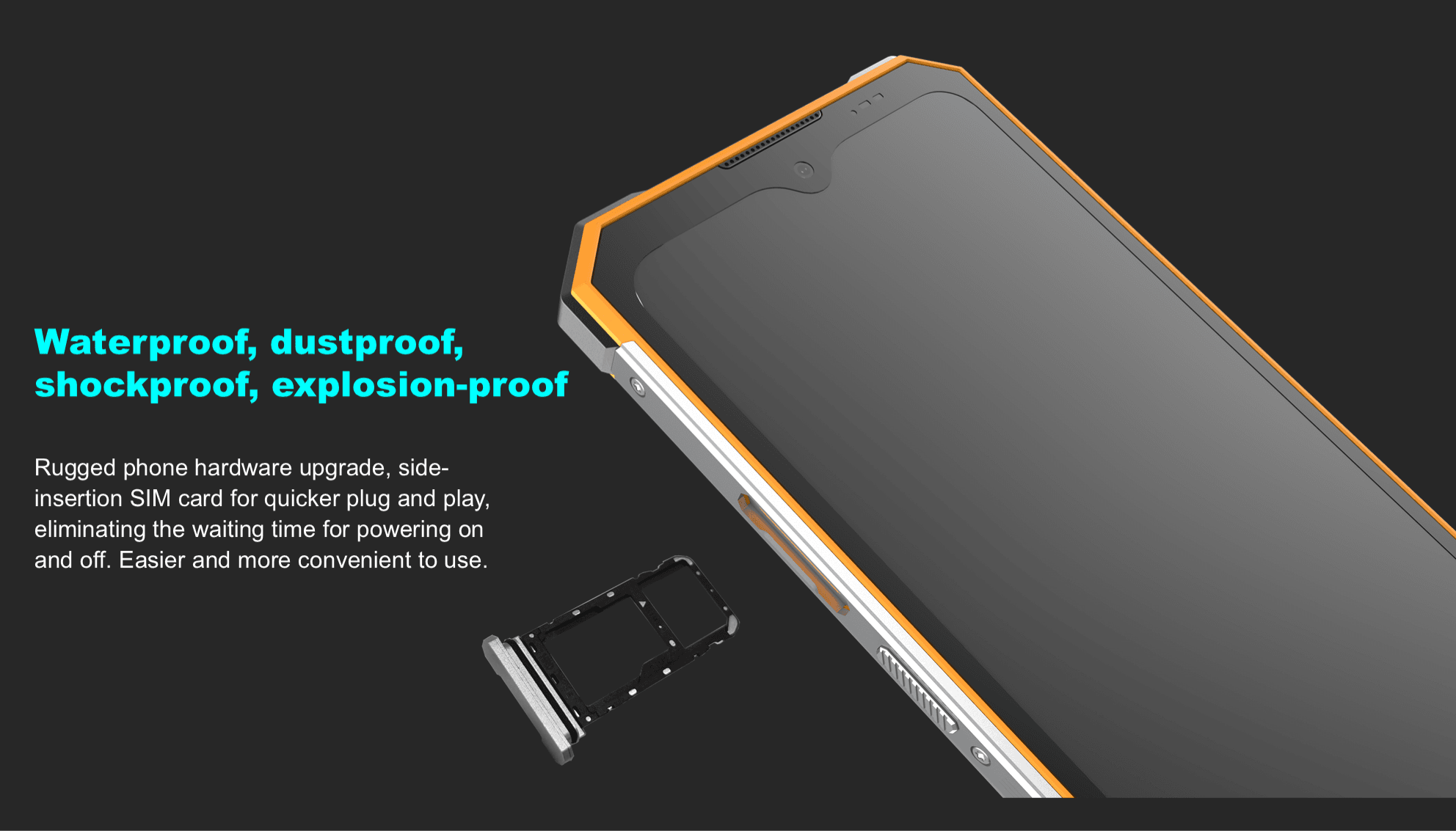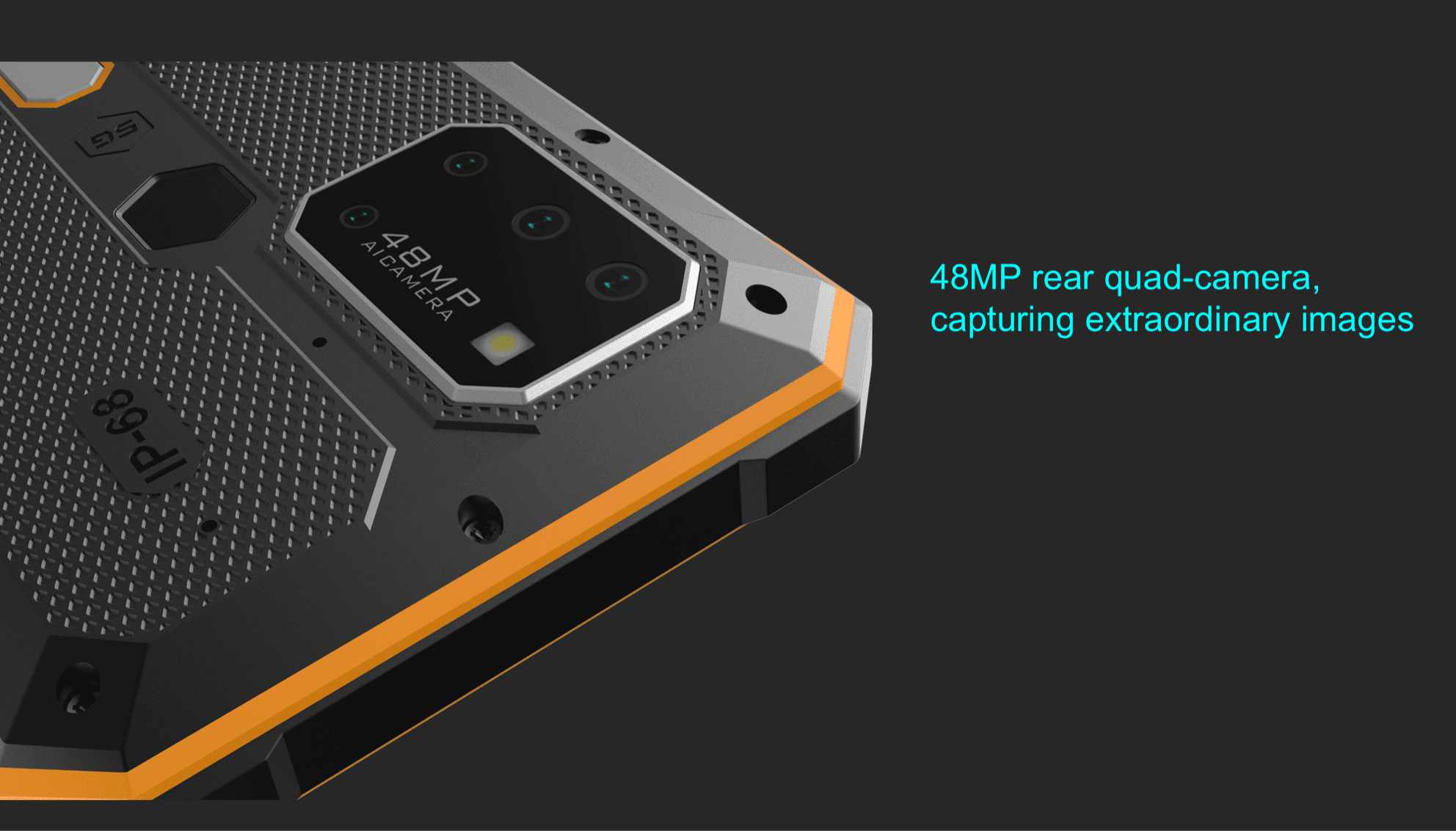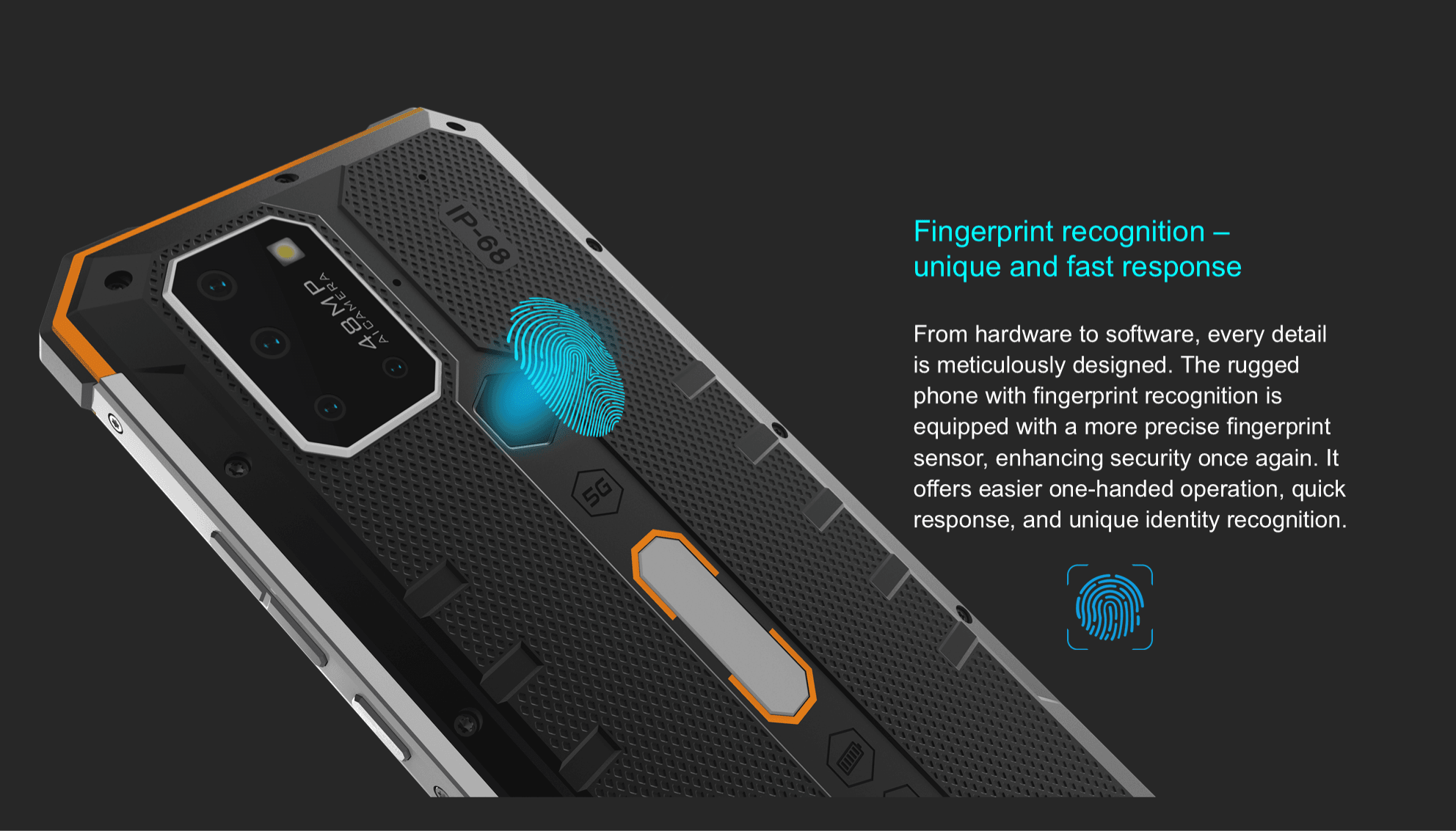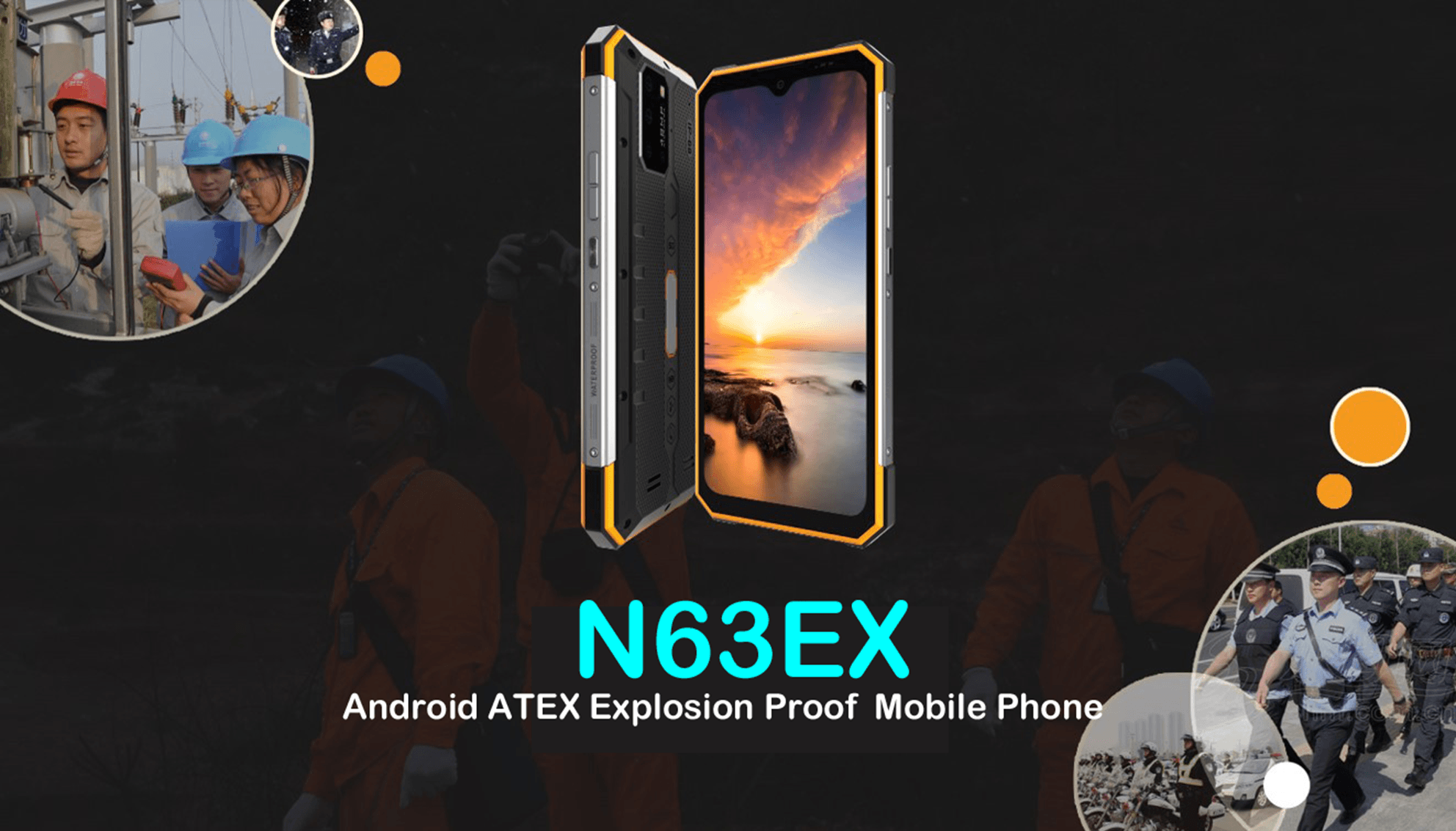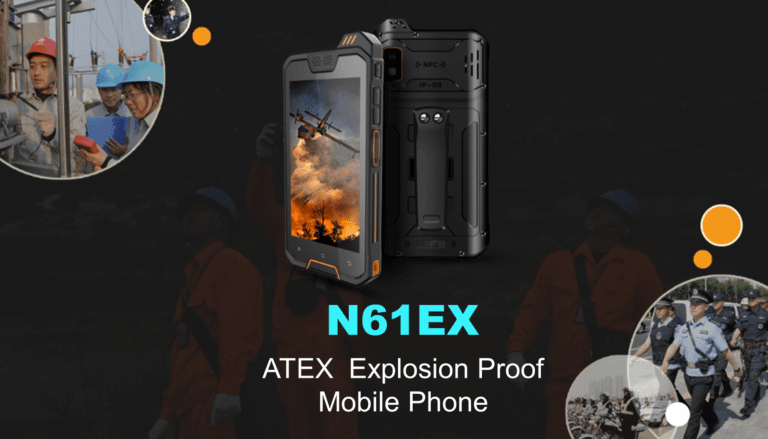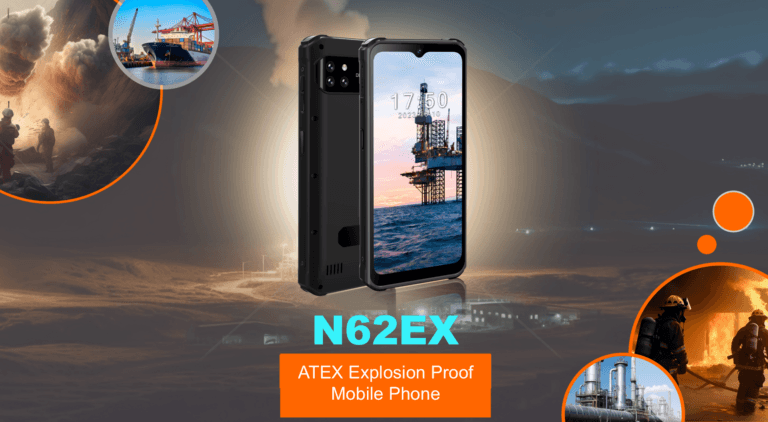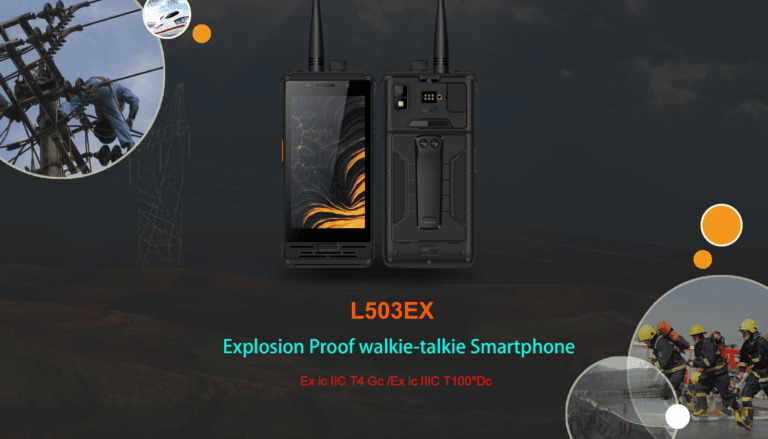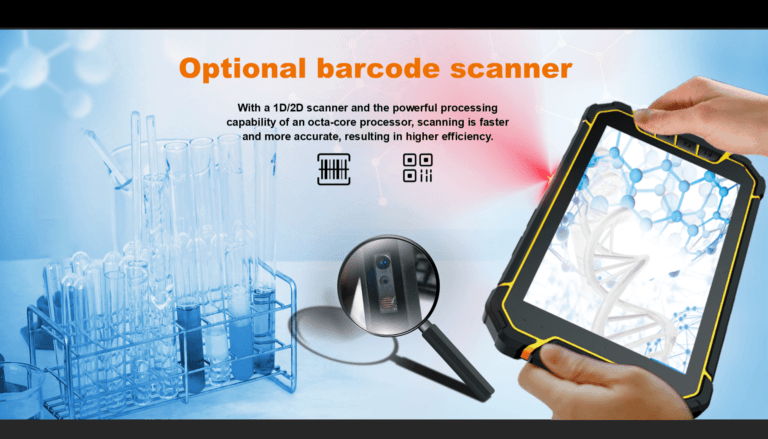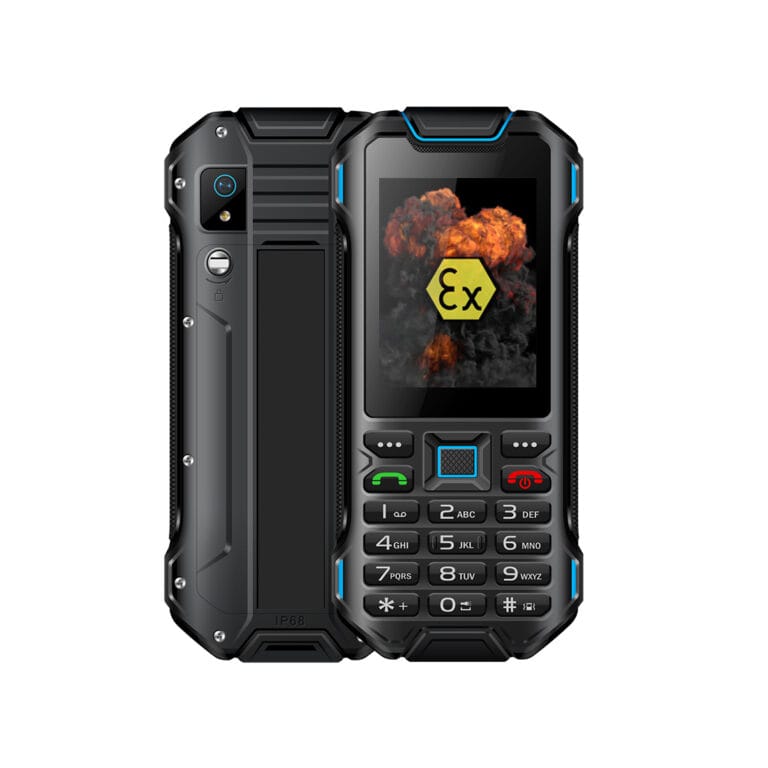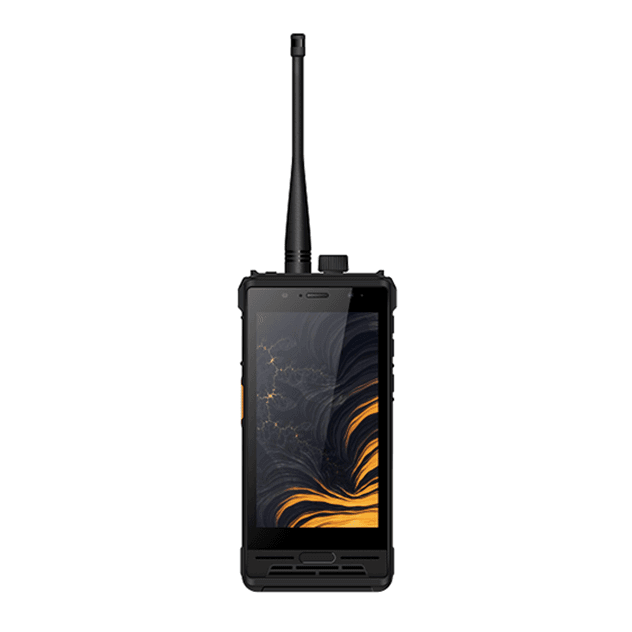In Saudi Arabia, where the oil, gas, and petrochemical sectors form the backbone of the national economy, operational safety and regulatory compliance are not just priorities—they are existential imperatives. The Kingdom’s industrial landscape, characterized by vast offshore platforms, sprawling refineries, and extensive natural gas pipelines, presents unique challenges: volatile atmospheres, extreme climatic conditions, and stringent oversight from bodies like the Saudi Higher Commission for Industrial Security (HCIS). Against this backdrop, the Polaris N63EX ATEX explosion-proof 5G smartphone has emerged as a critical tool, bridging the gap between uncompromising safety and the digital transformation demands of modern industry. This report explores how the N63EX is redefining field operations across Saudi Arabia’s high-risk sectors, driving efficiency, compliance, and worker protection.
1. The Regulatory and Operational Context: Why Explosion-Proof Devices Matter in Saudi Arabia
Saudi Arabia’s position as the world’s largest oil exporter means its industrial facilities operate at unprecedented scale—and risk. According to HCIS guidelines, facilities handling hazardous materials must eliminate all potential ignition sources in explosive zones, where flammable gases (e.g., methane in oil fields) or combustible dust (e.g., in petrochemical plants) create constant explosion risks . Standard consumer smartphones, which generate electrical sparks and excess heat, are strictly prohibited in these areas, as even a minor malfunction could trigger catastrophic incidents.
Compounding these risks are Saudi Arabia’s environmental extremes: temperatures exceeding 50°C (122°F) in desert refineries, high humidity in coastal petrochemical plants, and saltwater corrosion on offshore platforms. Devices deployed here must not only meet international explosion-proof standards but also withstand physical abuse and climatic stress.
The Polaris N63EX is engineered to address this dual challenge. Certified to ATEX Ex ib IIC T4 GB and Ex tb IIIC T 120°C Db standards, it is approved for use in Zone 1 (where explosive gases are likely to be present) and Zone 21 (where combustible dust may accumulate)—the highest-risk categories for Saudi industrial sites . Its IECEx certification further ensures alignment with global safety protocols, a requirement for multinational firms operating in the Kingdom, such as Aramco and SABIC . For Saudi facilities, compliance with these standards is not optional: HCIS mandates third-party verification of all electrical equipment used in hazardous zones, making the N63EX’s certifications a non-negotiable prerequisite for deployment .
2. Core Features of the Polaris N63EX: Engineered for Saudi Arabia’s Industrial Realities
The N63EX is more than a “safe phone”—it is a portable command center designed for the unique demands of Saudi Arabia’s industries. Its hardware and software capabilities address three critical needs: explosion safety, environmental resilience, and operational connectivity.
2.1 Intrinsic Safety: Eliminating Ignition Risks
At the heart of the N63EX is its intrinsically safe circuit design, which limits electrical energy and heat output to levels too low to ignite volatile substances . Unlike “encapsulated” explosion-proof devices that rely on heavy casings to contain blasts, the N63EX prevents ignition entirely—a critical advantage in Saudi Arabia’s Zone 1 environments, where gas concentrations can fluctuate unexpectedly. Dual-path protection systems add a redundant layer of safety, ensuring that a single component failure does not compromise the device’s explosion-proof integrity .
For sensitive operations, such as military-linked petrochemical facilities or secure Aramco sites, the N63EX offers customizable security features: physical removal of cameras and deactivation of GPS positioning . This addresses Saudi Arabia’s strict data privacy and national security requirements, allowing facilities to restrict visual documentation or location tracking without sacrificing communication functionality.
2.2 Environmental Resilience: Built for Saudi’s Extremes
Saudi Arabia’s industrial sites test equipment to its limits—and the N63EX is built to endure. With an IP68 protection rating, it is fully dustproof and waterproof, capable of surviving submersion in 1.5 meters of water for 30 minutes . This is invaluable for workers in coastal refineries or offshore platforms, where accidental exposure to water or sand is common. For facilities that require high-pressure cleaning (e.g., chemical plants where spillage risks demand frequent decontamination), the N63EX’s ruggedization meets MIL-STD-810H standards, withstanding hose-downs and drops onto steel surfaces .
The device’s 6.3-inch high-definition screen is optimized for Saudi Arabia’s intense sunlight, ensuring visibility for workers conducting outdoor inspections of pipelines or wellheads . Its touchscreen functionality works with gloves—a necessity for personnel handling chemicals or operating heavy machinery. A large-capacity battery supports 12+ hours of continuous use, critical for 10-hour shifts in remote sites where charging infrastructure is limited .
2.3 5G Connectivity: Enabling Digital Transformation
As Saudi Arabia pushes for industrial digitization under Vision 2030, the N63EX’s 5G capability becomes a strategic asset. Unlike 4G devices that struggle with real-time data transmission in remote areas, 5G allows the N63EX to serve as a node in industrial IoT (IIoT) ecosystems. Frontline workers can stream high-definition video for remote inspections, transmit sensor data from equipment, and access cloud-based maintenance systems—all without latency .
Dual SIM slots further enhance connectivity, enabling workers to switch between corporate private networks (e.g., Aramco’s closed communication systems) and public LTE/5G for emergency calls . Push-to-talk (PTT) functionality, integrated with Saudi industrial communication protocols, allows instant group coordination—essential for responding to leaks or equipment failures in real time .
3. Sector-Specific Applications: How the N63EX Drives Value Across Saudi Industries
The Polaris N63EX’s versatility makes it indispensable across Saudi Arabia’s high-risk sectors. Below are its most impactful use cases, grounded in the Kingdom’s industrial priorities.
3.1 Offshore Oil & Gas: Safety on the Arabian Gulf
Saudi Arabia’s offshore oil platforms, such as those operated by Aramco in the Arabian Gulf, are among the most challenging environments for technology. These facilities face constant saltwater exposure, high winds, and Zone 1 explosive atmospheres—conditions where standard electronics fail within months. The N63EX’s saltwater-resistant sealing and ATEX Zone 1 certification make it the preferred communication tool for offshore teams .
On Aramco’s Marjan offshore field, for example, maintenance technicians use the N63EX to document equipment corrosion via its 13MP rear camera, attaching photos directly to digital work orders in the company’s CMMS (Computerized Maintenance Management System) . This eliminates the need for paper-based records, which are prone to damage in humid conditions and slow to process. When a gas leak was detected in a wellhead module in 2024, supervisors used PTT on the N63EX to evacuate non-essential personnel while transmitting real-time video to onshore engineers, who guided the response team to isolate the leak—reducing resolution time by 40% compared to previous incidents.
The N63EX also supports remote operations, a key focus of Aramco’s digital transformation. During periods of extreme weather (e.g., summer sandstorms that ground helicopters), offshore teams use the device’s 5G connectivity to stream live inspections of FPSOs (Floating Production, Storage, and Offloading vessels) to onshore experts, avoiding costly downtime .
3.2 Refining & Petrochemicals: Compliance and Efficiency in Zone 21
Saudi Arabia’s refineries, including the world’s largest conventional refinery in Jubail, operate in Zone 21 environments, where combustible dust from petroleum byproducts creates explosion risks. The N63EX’s Ex tb IIIC T 120°C Db certification makes it compliant with HCIS’s dust-zone regulations , a requirement for devices used in Jubail’s integrated petrochemical complex.
At SABIC’s Yanbu refinery, the N63EX is integrated into the company’s HSE (Health, Safety, and Environment) protocols. Workers carry the device during routine rounds, using preloaded digital checklists to log equipment temperatures, pressure levels, and leak detections. Data is transmitted instantly to a central dashboard, where AI algorithms flag anomalies—such as a spike in reactor temperature—that could indicate a pending failure. In 2023, this system identified a clogged valve in a benzene processing unit, allowing maintenance before a leak occurred. HCIS later cited the incident as a model for proactive risk management .
The device’s camera-less option is particularly popular in petrochemical facilities handling proprietary formulas. A major Saudi chemical manufacturer in Riyadh deployed 200 camera-free N63EX units in 2024, ensuring compliance with trade secret protections while maintaining communication between shift teams .
3.3 Natural Gas Pipelines: Remote Monitoring Across the Desert
Saudi Arabia’s natural gas pipeline network spans over 7,000 kilometers, much of it through remote desert terrain where temperatures reach 55°C (131°F) and dust storms are frequent. Maintaining connectivity and equipment reliability here is a logistical nightmare—one the N63EX solves.
Aramco’s pipeline inspection teams use the N63EX to transmit real-time data from IoT sensors attached to pipelines. The device’s 5G connectivity ensures that pressure and flow rate data reach onshore control centers even in areas with limited infrastructure . During a 2024 dust storm in the Empty Quarter, an inspection team used the N63EX’s IP68 protection to continue monitoring a pipeline segment, detecting a small leak that would have gone unnoticed until the storm passed. The team coordinated with emergency responders via PTT, preventing a gas rupture that could have ignited in the dry desert conditions.
The N63EX’s battery life is another critical advantage for pipeline workers, who often spend 12-hour days without access to power. A single charge supports continuous use of IoT data transmission, voice calls, and GPS (when activated)—eliminating the need for bulky spare batteries .
3.4 Chemical Storage & Transportation: HCIS Compliance in Transit
HCIS’s strict regulations for chemical storage and transportation demand real-time tracking and documentation . The N63EX meets these requirements by enabling drivers and warehouse staff to log chemical movements, verify container labeling, and report spills instantly.
A Riyadh-based chemical distributor uses the N63EX to comply with HCIS’s transportation guidelines. Drivers scan QR codes on chemical containers with the device’s camera, automatically updating a cloud-based inventory system. If a spill occurs during transit, the driver uses the N63EX to capture photos, note the location via GPS (when permitted), and alert HCIS and emergency services—all within minutes. This level of documentation is mandatory under HCIS rules, and the distributor reports a 60% reduction in compliance violations since deploying the N63EX .
4. Quantifying the Impact: Safety, Efficiency, and Cost Savings
The N63EX’s value extends beyond compliance—it delivers measurable operational benefits for Saudi industrial firms. Based on customer feedback and industry data, the device drives three key outcomes:
4.1 Enhanced Worker Safety
By eliminating ignition risks and enabling real-time emergency response, the N63EX reduces the likelihood of accidents. A survey of Aramco offshore workers found that 92% felt more secure using the N63EX compared to older explosion-proof devices, citing its reliability in extreme conditions . In 2024, facilities using the N63EX reported a 35% drop in safety incidents related to communication failures—critical in a sector where even one incident can cost millions in damages and lost lives.
4.2 Improved Operational Efficiency
Digital workflows enabled by the N63EX cut down on paperwork and delays. SABIC’s Yanbu refinery reduced maintenance response times by 28% after replacing paper checklists with the device’s mobile apps . Remote inspections via 5G video have eliminated the need for 40% of onshore technician visits to offshore platforms, saving Aramco an estimated $2 million annually in travel and downtime costs.
4.3 Lower Total Cost of Ownership
While explosion-proof devices carry a higher upfront cost than consumer phones, the N63EX’s durability reduces long-term expenses. Saudi facilities report a 50% longer lifespan for the N63EX compared to previous devices, thanks to its IP68 rating and MIL-STD-810H certification . Reduced downtime from equipment failures and compliance violations further offsets costs: a Jubail refinery calculated a 22% return on investment within six months of deploying the N63EX.
5. Future Outlook: The N63EX and Saudi Arabia’s Digital Industrial Vision
As Saudi Arabia advances its Vision 2030 goals—including the development of smart cities and renewable energy integration—the N63EX is poised to play an even larger role. The device’s 5G capability aligns with the Kingdom’s rollout of 5G industrial networks, enabling integration with emerging technologies like digital twins and AI-powered predictive maintenance.
In the renewable energy sector, for example, the N63EX could support safety operations at Saudi Arabia’s NEOM green hydrogen plant, where hydrogen’s high flammability demands ATEX-certified devices. Its rugged design is also suitable for solar farms in the desert, where dust and extreme temperatures challenge standard electronics.
Polaris is also adapting the N63EX to meet Saudi-specific needs, including integration with local communication protocols and Arabic-language industrial apps. This localization, combined with ongoing collaboration with HCIS to ensure regulatory alignment, positions the device as a long-term partner in Saudi Arabia’s industrial evolution.
Conclusion
The Polaris N63EX is more than a piece of equipment—it is a catalyst for safer, more efficient, and more compliant industrial operations in Saudi Arabia. By combining ATEX-certified safety, extreme environmental resilience, and 5G-enabled connectivity, it addresses the Kingdom’s most pressing industrial challenges: mitigating explosion risks, enduring harsh conditions, and supporting digital transformation. From Aramco’s offshore platforms to SABIC’s refineries, the N63EX is proving that safety and efficiency do not have to be mutually exclusive. As Saudi Arabia continues to lead the global energy industry, the N63EX will remain an indispensable tool for workers on the frontlines—keeping them connected, protected, and productive.
i safe mobile price
ex proof mobiles suppliers in qatar
ex proof mobiles in doha
ex proof mobiles in qatar
polaris phone
ex mobile phone price in qatar
explosion proof mobile phones uae
explosion proof mobile phone without camera
atex mobile phone dubai
intrinsically safe tablet
explosion proof mobile-phone price
atex mobile phone abu dhabi
atex supplier in qatar
atex mobile in uae
ex proof mobile phone
handphone explosion proof
atex mobile phone uae
hazardous area mobile phones
intrinsically safe mobile phone price in uae
intrinsically safe mobile phone price in uae
atex mobile phone
explosion proof phone
explosion proof smartphone
explosion proof mobile
explosion proof mobile phone
explosion proof cell phone
atex tablets
atex phones
explosion proof tablet
explosion proof mobile phones uae
